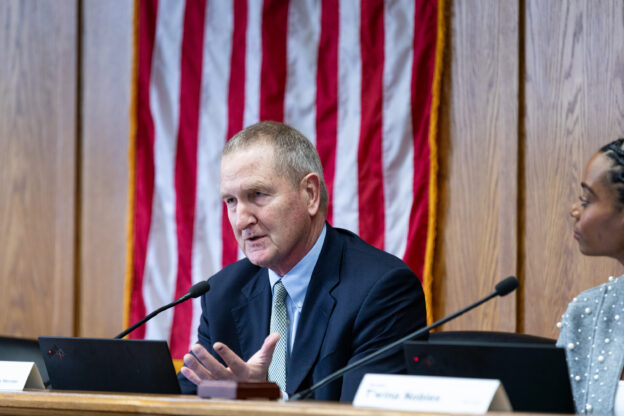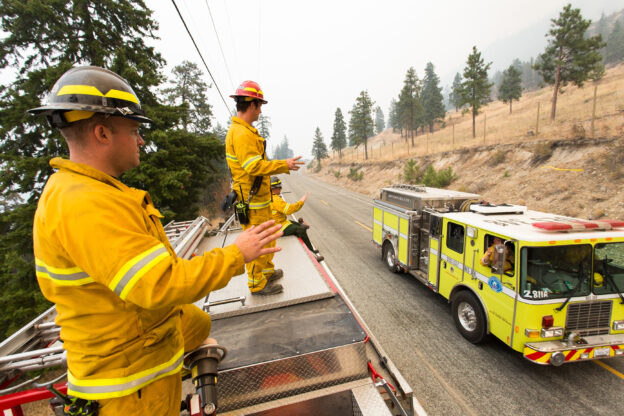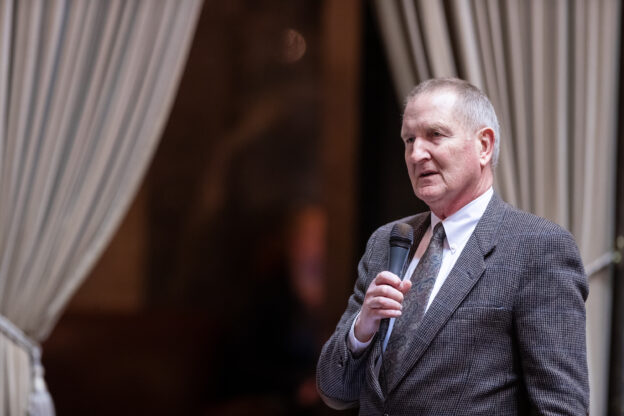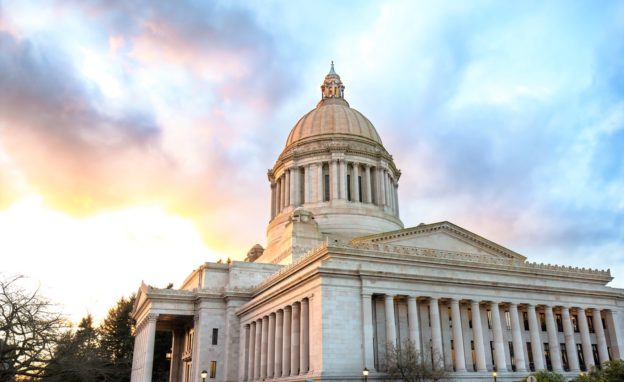A bill that would add Washington to the handful of states with advisory councils on rare diseases is once again moving through the Senate.
Senate Bill 5097, a bipartisan proposal introduced by 6th District Sen. Jeff Holy, would establish an advisory council on rare diseases within the state Department of Health to advise on research, diagnosis, treatment and education related to rare diseases. Under the measure, the advisory council must submit annual reports on the council’s work and other findings and recommendations to the governor and Legislature starting Dec. 1, 2026.
“This bill would benefit those in Washington who suffer from a rare disease, as well as those who might be afflicted with a rare disease in the future,” said Holy, R-Cheney. “Rare diseases take a substantial financial and emotional toll on patients and their families. This bill could help this vulnerable population by creating an advisory council to focus on the concerns of rare-disease patients in our state. Hopefully, that work will provide better support for all patients with rare diseases in Washington, as well as fewer deaths, through early diagnosis and intervention. The bill also would help physicians by giving them access to a database on rare diseases.”
Senate Bill 5097 was unanimously passed last week by the Senate Health and Long Term Care Committee. It now is before the Senate Ways and Means Committee.
A rare disease is defined as any condition that affects fewer than 200,000 people in America. Rare diseases include genetic conditions, infections, cancers and autoimmune diseases. The National Institutes of Health estimates there may be as many as 7,000 rare diseases, and that 25 million to 30 million Americans may be living with a rare disease.
Under the proposal, the rare-diseases advisory council would consist of 12 voting members serving three-year terms, including four clinicians and researchers specializing in rare diseases, four people representing patients, the director of the program for children with special health-care needs, a representative from the state Health Care Authority, and two representatives from the life-sciences industry focusing on developing therapeutic products for rare-disease patients or related research efforts. The bill calls for the secretary of the state Department of Health to serve as an ex-officio nonvoting member and to select the council’s chair.
The bill calls for the council to establish, by 2026, a centralized, publicly accessible repository of information that catalogs rare-disease research underway in Washington. The repository also would provide best-practice standards of care for health-care providers, containing the most effective strategies for recognizing and treating rare diseases, and informational resources for rare-disease patients seeking access to clinical care.
Last year, Holy prime-sponsored a similar proposal, Senate Bill 5886, that was unanimously approved by the Senate before stalling in the House Health Care and Wellness Committee.

















